At the 69th session of the United Nations’ Commission on the Status of Women (CSW), the Baháʼí Community of Canada’s Office of Public Affairs and the Baháʼí International Community (BIC) hosted an event exploring how key social spaces in Canadian society–such as homes, neighbourhoods, and workplaces–have transformed in support of gender equality over the past three decades.
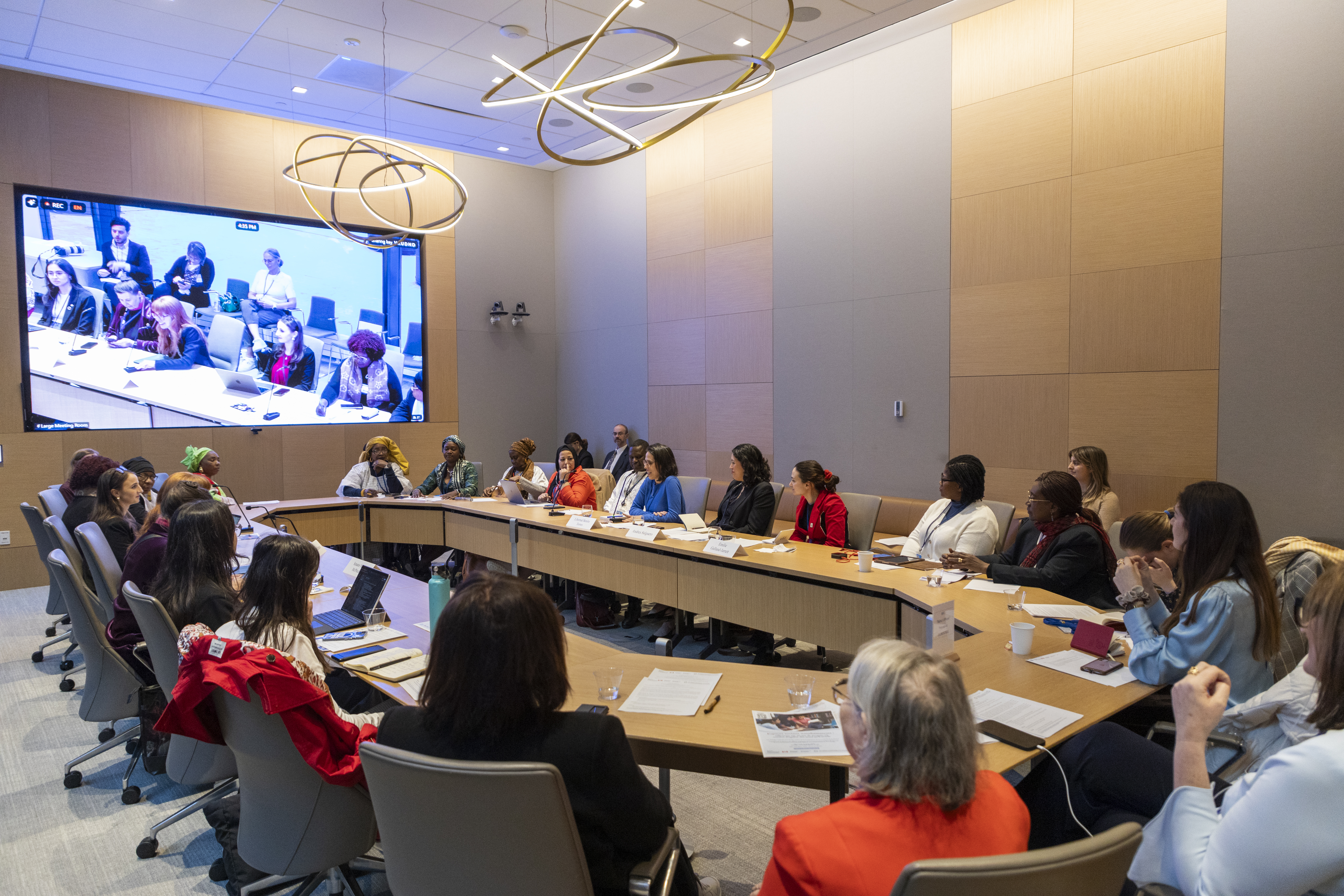
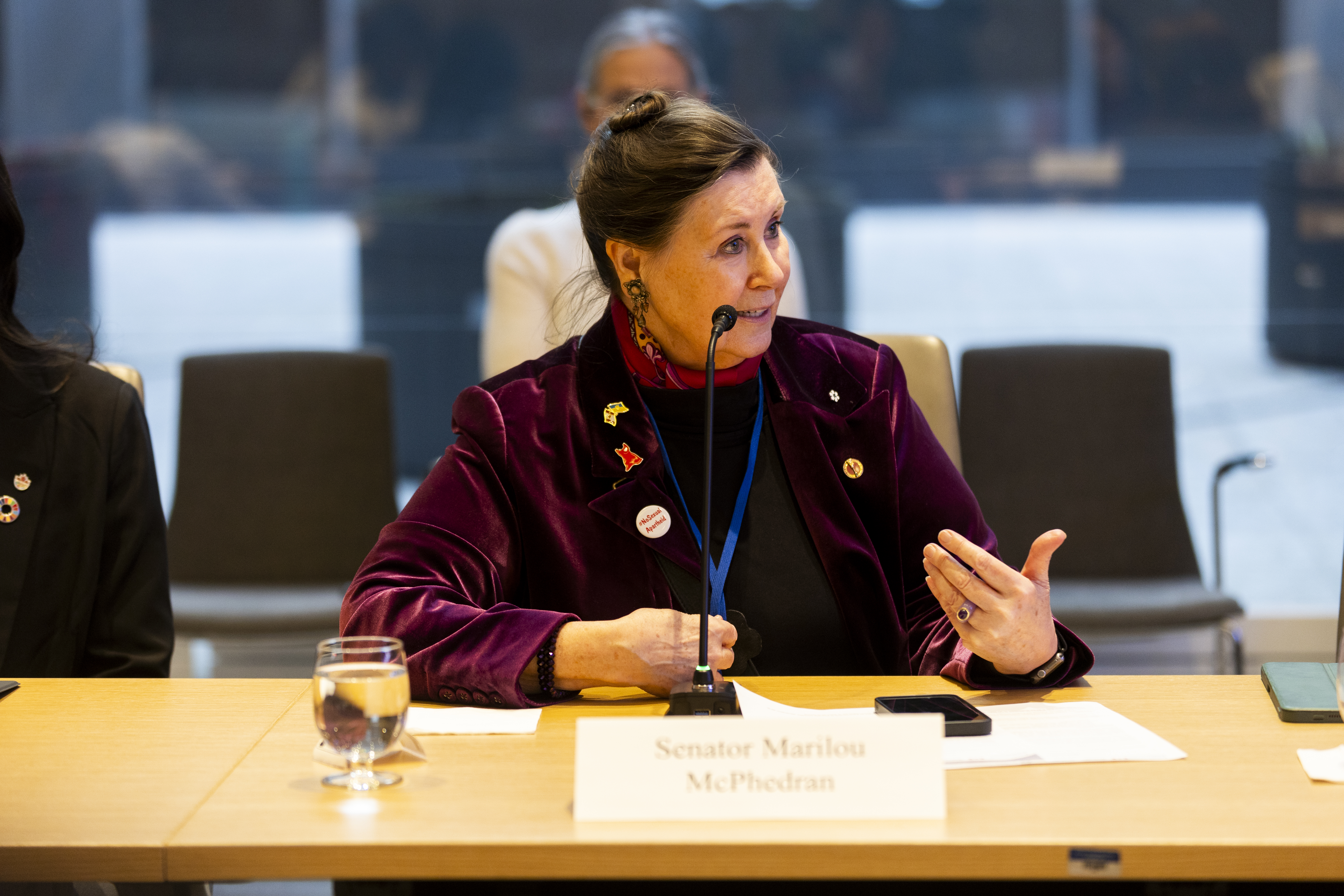
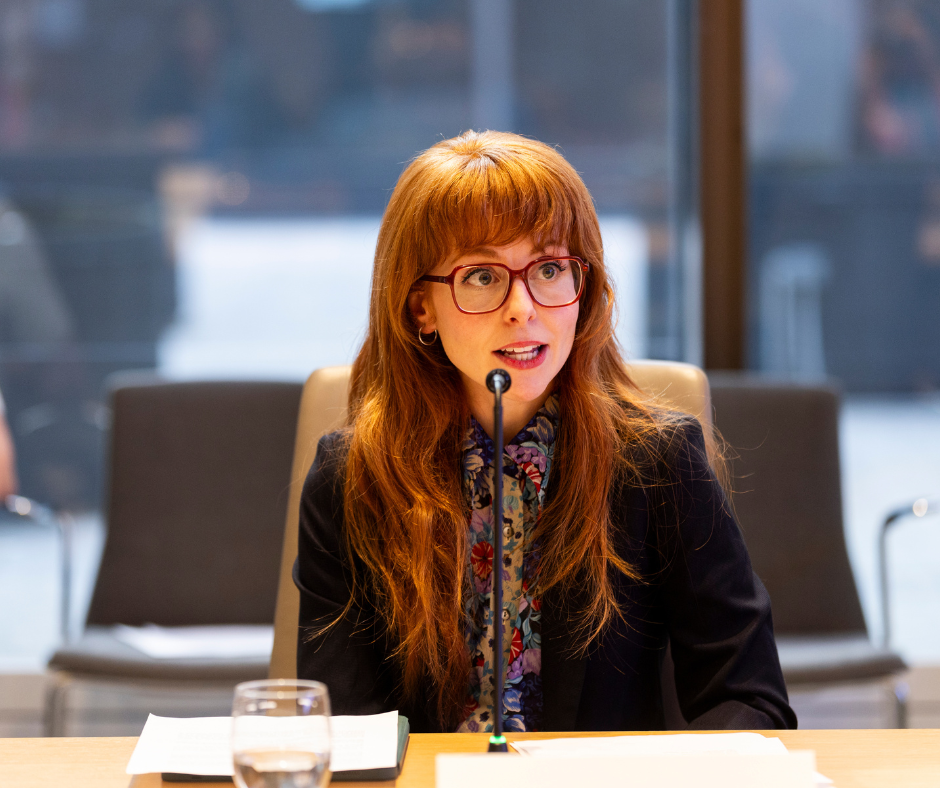
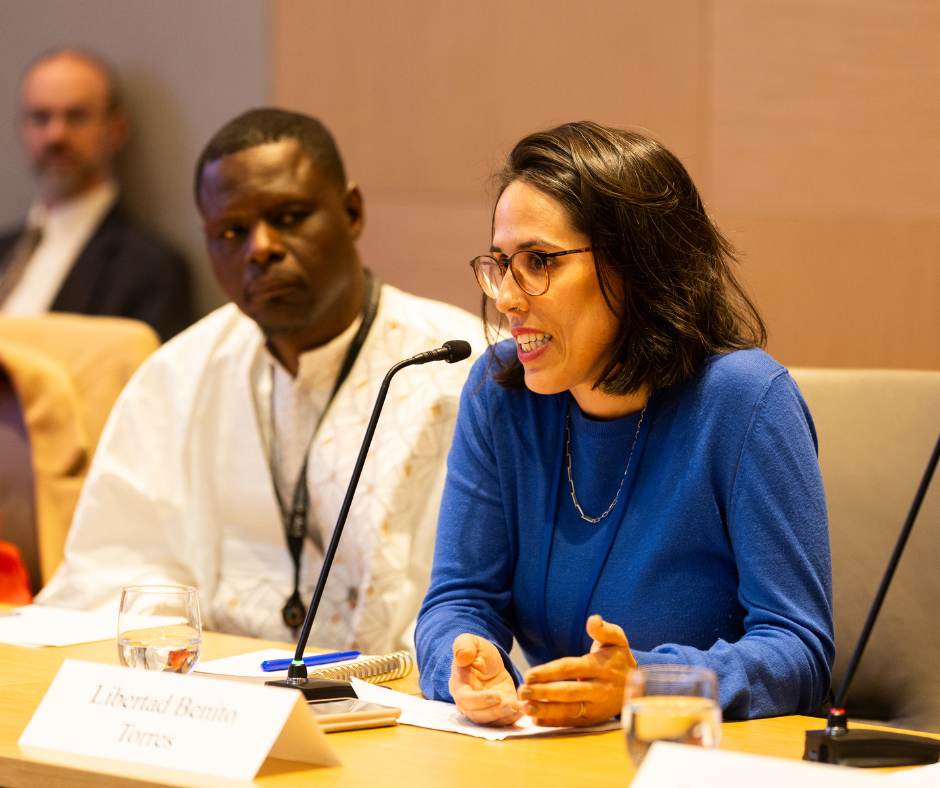
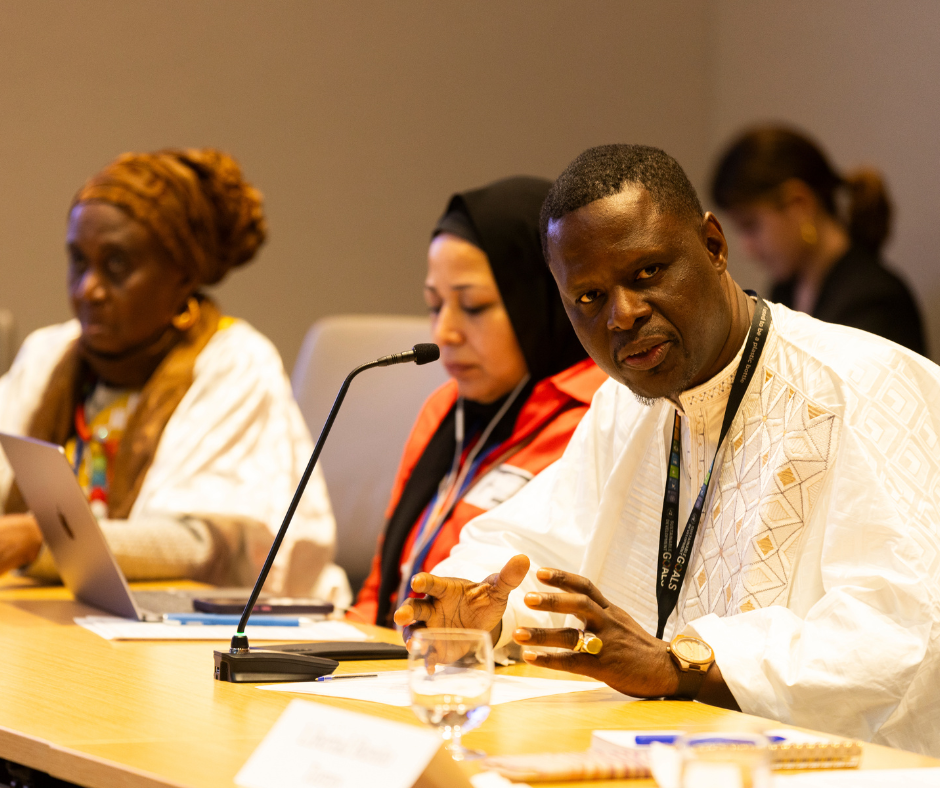
Co-sponsored by the Government of Canada, the hybrid panel titled “Transformative Social Spaces: Insights from 30 Years of Advancing Gender Equality in Canada” was conducted in French to promote greater linguistic diversity in international conversations on gender equality, and highlighted insights from Francophone organizations and institutions.
The event took place during a moment of global reflection, marking the 30th anniversary of the Beijing Declaration and Platform for Action. This framework, adopted by 189 states, promotes gender equality in all areas of life and is the principal international instrument that the Commission on the Status of Women seeks to implement.
“This anniversary year is an opportunity to reflect on both the progress made toward gender equality over the last three decades, as well as the barriers that persist,” said Rebecca Vachon, the panel co-moderator and BIC delegate to CSW. “This panel explores the concept of transformation. As backlash against human rights is currently observed around the world, it is important to identify the characteristics, attitudes, and processes that ensure advances made for gender equality are sustained.”
The panel opened with reflections from Esther Maloney, Planning and Program Manager for Education at the National Film Board of Canada. Maloney explored the role of the home as a vital social space for the re-examination and transformation of attitudes towards gender. She observed that the home is an environment where long-held beliefs and values about gender, often passed down from previous generations, can be challenged and transformed.
Maloney also highlighted the role of community in supporting transformation, “Qualities and attitudes learned in the home that support gender equality can be further strengthened and reinforced within a community. I have witnessed the positive impact of being part of a neighbourhood collective of diverse families that champion bringing out the best in the younger generation. Not just in a material sense, but also in cultivating spiritual qualities of kindness, love, justice, generosity, and trust,” said Maloney.
Speaking from the perspective of international cooperation, Emilie Galland-Jarrett, Head of Policy and Advocacy at Save the Children Canada, emphasized the central role of gender equality in achieving sustainable development at local and international levels. Galland-Jarrett described how organizations like Save the Children have deepened their expertise on gender, moving towards gender-transformative approaches that seek to uproot the causes of inequality embedded in social norms. “Gender inequality is a barrier to sustainable development,” she said, stressing the importance of early intervention, “values, norms, and behaviours relating to gender are internalized in childhood.”
Professor Bilkis Vissandjée from the Université de Montréal's Faculty of Nursing spoke about recent shifts in Canadian gender equality, highlighting women who have driven this process in Quebec’s history. Drawing on her research in public health, she noted how access to healthcare, particularly for newcomer women, remains a barrier to gender equality in Canadian society. Improving access to healthcare, she suggested, requires fostering inclusive spaces that embrace diversity and recognize the trauma many newcomers carry with them.
The panel also welcomed the Honourable Marilou McPhedran, an Independent Senator for Manitoba and longstanding advocate for gender equality. Reflecting on characteristics of inclusive spaces, she noted, "We can build ideal physical environments, but if people don't have the agency to advocate for themselves, those spaces will not serve them fully." McPhedran stressed that spaces must be designed for both physical accessibility and emotional safety of the most vulnerable members of society.
The panel concluded with remarks from Libertad Benito Torres, a Senior Gender Advisor at Equitas, a Montreal-based human rights organization. Torres spoke about the evolution of human rights education in Canada and the world noting that, "We are striving for human rights education which aims for social transformation, which seeks to address power dynamics, and which questions practices and social norms,” said Torres, "When human rights and gender equality are central to our shared values, society is better equipped to resist any backlash against human rights norms.”
A full recording of the panel discussion is available here.
The BIC’s statement to CSW69, “In full partnership: Women’s advancement as a prerequisite for peaceful societies,” can be accessed here.

